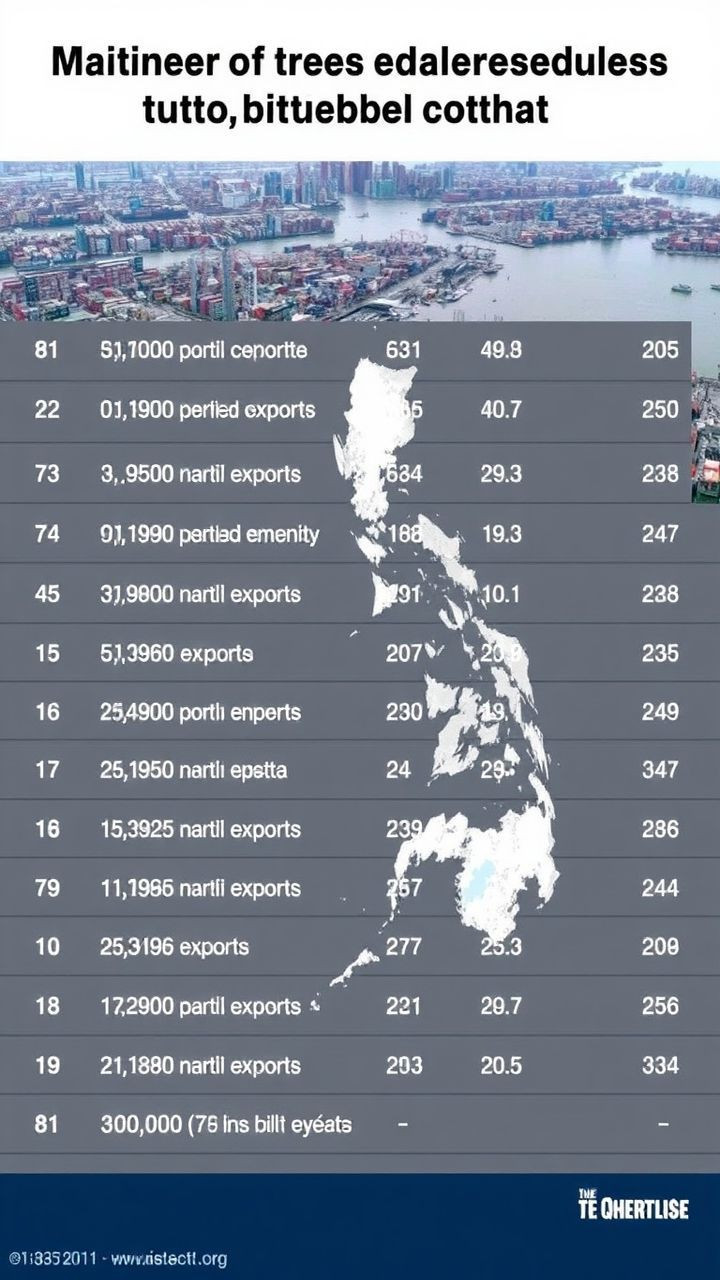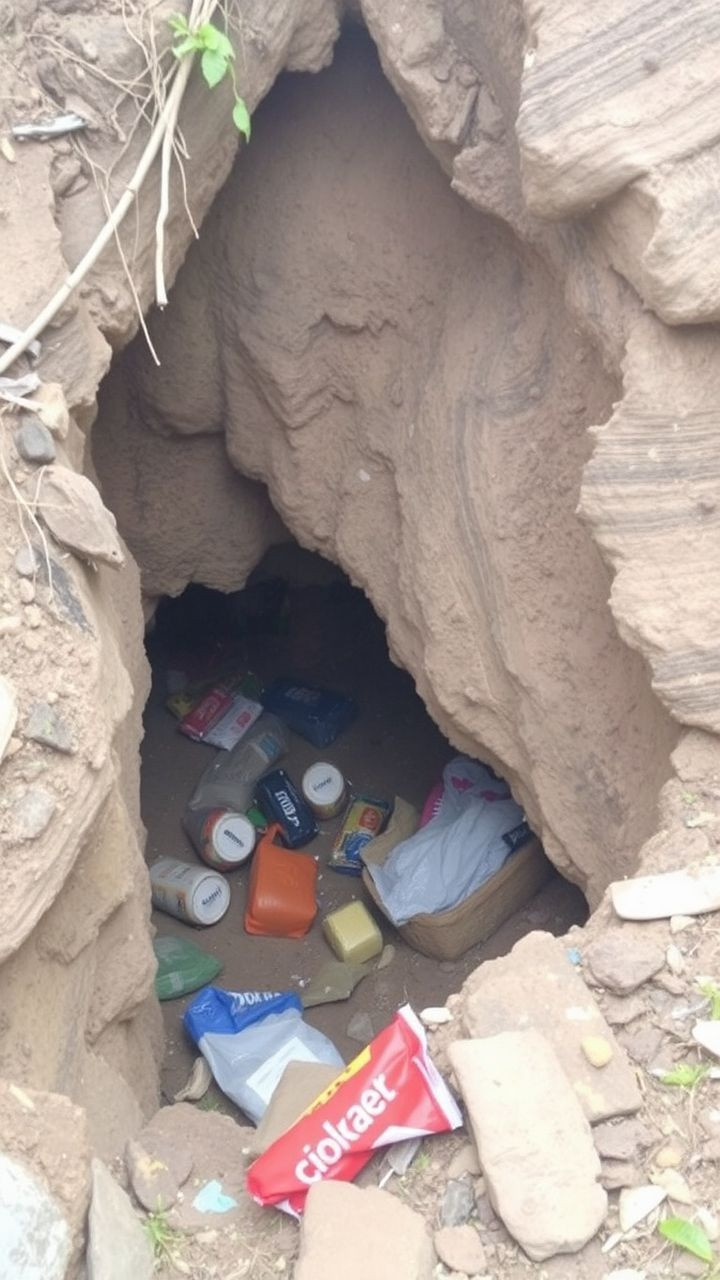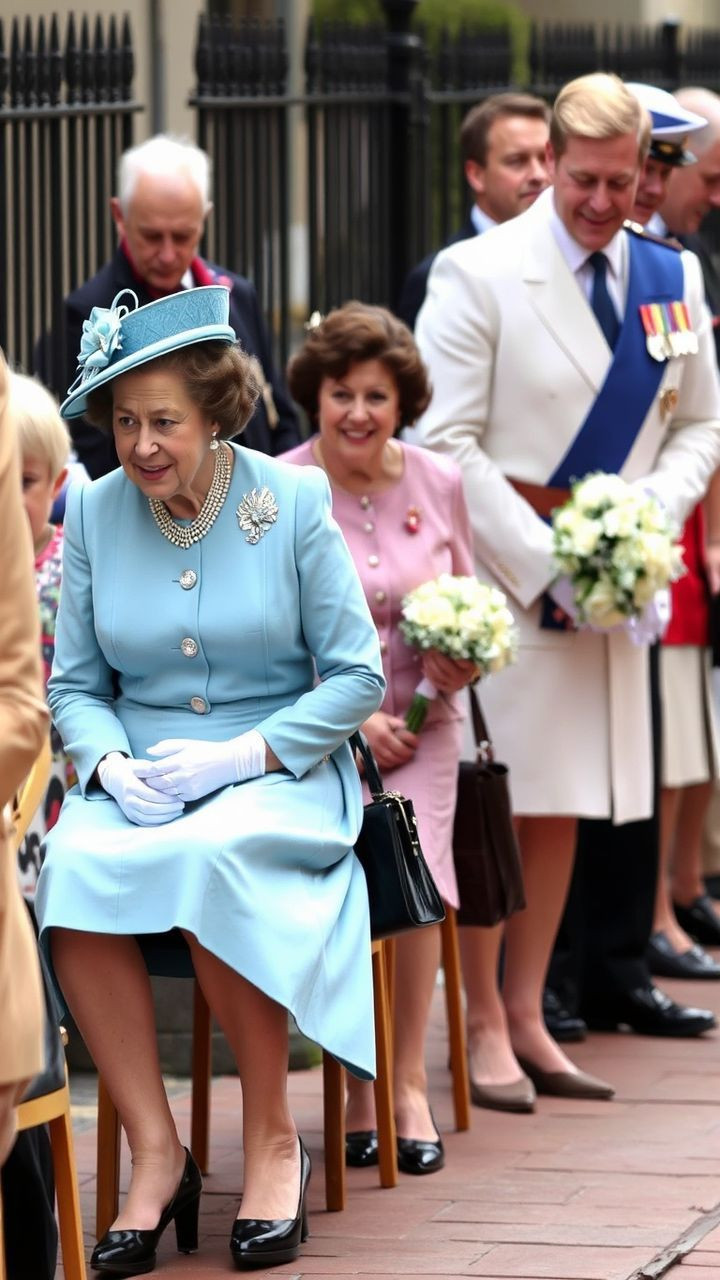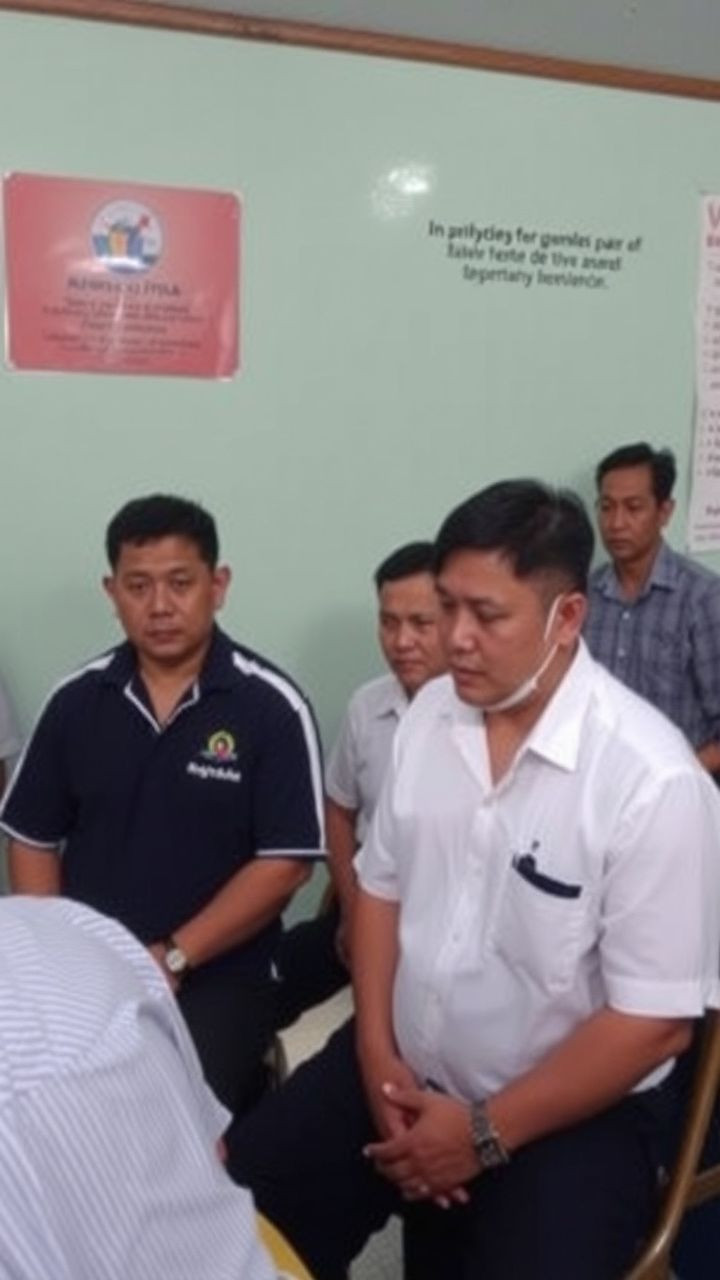
Sea Change Marina and UK MCA Collaborate on Maritime Training Standards
Sea Change Marina and UK MCA Collaborate on Maritime Training Standards
Sea Change Marina and UK MCA Collaborate on Maritime Training Standards
In the maritime industry, standardized training practices are crucial for ensuring the safety and competence of seafarers worldwide. Recently, Marina, the Philippine Maritime Industry Authority, and the UK's Maritime and Coastguard Agency (MCA) have joined forces to enhance maritime training through policy benchmarking.
A Global Approach to Maritime Training
This collaboration aims to align the Philippines' maritime training framework with global standards and evolving industry demands. By doing so, seafarers will be better equipped to tackle the challenges of modern shipping.
Onboard Training Building Skills and Confidence
One area of focus is onboard training, which ensures that seafarers receive comprehensive training in a realistic setting. This approach helps build their skills and confidence in handling various scenarios, from navigation to emergency response.
Electronic Training Record Book (e-TRB) Streamlining Training Documentation
The UK MCA's e-TRB system streamlines training documentation and assessment, making it easier for seafarers to track their progress and for authorities to monitor compliance. This digital solution also reduces paperwork, freeing up resources for more important tasks.
Simulator-Based Sea Service Equivalency Gaining Experience in a Controlled Environment
Another key aspect is simulator-based sea service equivalency, which enables seafarers to gain experience in a controlled environment. This approach mimics real-world scenarios, allowing trainees to develop their skills without risking safety or causing environmental damage.
Seafarer Certification Expertise and Innovation
Certification was another crucial topic discussed during the collaboration. The UK MCA shared its expertise on ratings forming part of a navigational watch (II/4), able seafarers deck (II/5), and restricted certificates of competency (COCs). The Philippine delegation also explored the country's experience in remote operator training and cybersecurity course integration.
Engineering Syllabus Modernization Focusing on Officer Competency
The UK MCA showcased its modernized engineering syllabus, focusing on officer-in-charge of an engineering watch (III/1) and chief engineer (III/2). Discussions also centered around proposals for senior electro-technical officer (ETO) training and small vessel engineering.
Alternative Fuel Vessel Training A Sustainable Future
Workshops highlighted the UK MCA's e-TRB system and explored the adoption of alternative fuel vessel training. This development has significant implications for engineering competency standards, as the maritime industry shifts towards more sustainable practices.
Conclusion Enhancing Maritime Training Standards Worldwide
In conclusion, the collaboration between Marina and UK MCA is a vital step in enhancing maritime training standards worldwide. By sharing best practices and expertise, seafarers will be better equipped to navigate the complexities of modern shipping. This collaborative effort demonstrates a commitment to excellence in maritime education and training.
---
Keywords Marina, UK MCA, Maritime Training Standards, Seafarer Certification, e-TRB, Simulator-Based Sea Service Equivalency




